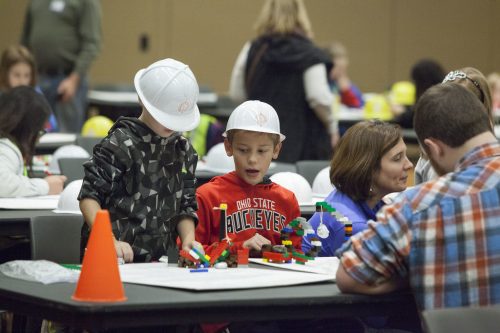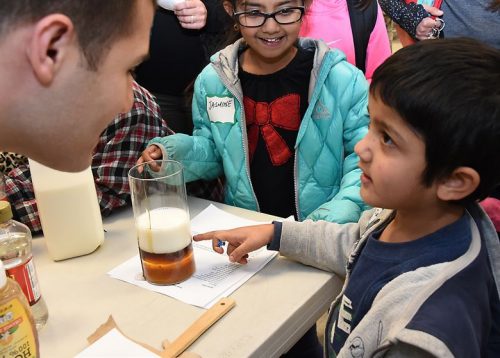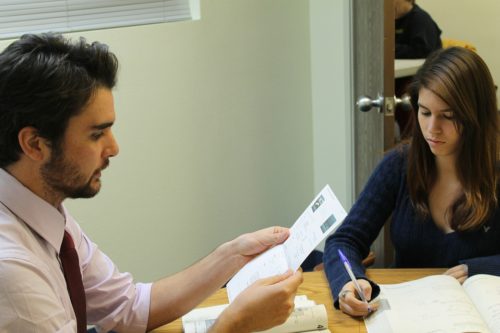Many parents used to say no to schooling at home.

Homeschooling
“No, I want my children to enjoy their school life and have fun.” “No, I do not want my children to only see their dad and me as their friends.” However, as the first quarter of 2020 rolled in, studying at home was no longer an option – it turned out to be a necessity.
The only culprit behind it was the coronavirus that spread throughout the globe. When the pandemic began, various schools decided that it was best for students of all ages to take classes online at home. Instead, they should continue attending homeschooling online to remain in the comforts of their home.
Homeschooling
The Issue
This new homeschooling rule was technically excellent, considering kids could be as susceptible to diseases as senior citizens. They might have a robust immune system, but it might still not suffice to deal with the scary coronavirus. As a counselor, I could understand 100% why the education authorities made that online homeschooling decision. The thing was, not everyone happened to be happy with homeschooling.
I assumed that the resistance would come from the parents who loved their kids but did not want them to be at home 24/7. However, it turned out that the actual students were the ones complaining about the home ruling.
Homeschooling
Kids Complaining
The complaints had something to do with the fact that the children could hardly get out of the home. There were not enough establishments open during the beginning of the pandemic, after all. When their operations resumed, you could count the number of public places that agreed to accommodate people below 18.
If being homeschooled was tough for young kids, though, you could imagine how challenging it could be for teenagers. They were at that age where hanging out with friends was more significant than staying at home with family. But due to the spreading coronavirus, they could not see their peers at all.

More importantly, many children found it challenging to keep up with their lessons through online homeschooling classes. Even my teenage sister, who used to ace all her exams, did not have it easy. My mother said that she found my sister crying in her room sometimes, unsure if she could finish her projects and assignments on time.
Counseling Teens With Homeschooling
Suppose your school agreed to let you return to your classes in person; kudos to you. It entails that you could leave online homeschooling in the past and hope that you would never have to do it again. However, if your school continues to take precautionary measures until it’s inevitable that the pandemic is over, think of the situation in other ways.
Prepare For The Real World
The parents — home teachers — I knew mentioned that the children complained about not having teachers to ask about their lessons. As I heard, some institutions had after homeschooling programs that students could attend to clarify a few things with teachers. But since they could only meet their teachers online during the pandemic, the kids felt like they could no longer keep up.

Homeschooling
Well, if you are one of those children, will it be too much to ask you to look at the problem as if you are already in the real world? The lack of extensive guidance from the teachers will allow you to realize how much you can do independently. And if you genuinely cannot handle the situation anymore, become mature enough to accept that you need help and see that it may not always come from the same people.
Use This Opportunity To Improve Your Resilience
Online homeschooling can challenge anyone’s mental resilience. That’s especially true if you have always had classmates to study or do group activities with. When you are doing assignments all by yourself at home, you may feel scared and assume that you won’t pass if others cannot help you.
The fact of life that you should understand is that you won’t have people to depend on all the time. You need to build up your resilience so that you won’t feel lost if that time ever comes out of the home.

Homeschooling
Remember That No Challenge Is Too Tough To Overcome
One day, my mom called me worried about my sister, who exclaimed that she did not want to continue studying anymore. According to her, homeschooling classes were too challenging – as if they were invented to see more students fail and drop out.
Homeschooling
As I explained to my sister, no challenge could be too tough to overcome. The sense of defeat that you might experience with being homeschooled could be brought on by stress and anxiety. You have not lost if you cannot solve your math problems, understand your science equations, and focus on your multitasking skills. But if you let such issues consume your chances of becoming someone important in the future, that’s when you become an all-time loser.
Final Thoughts: Homeschooling
Tutoring at home cannot be a cakewalk, especially if you are a kid who has always had the help of some sort all your life. However, if you can survive this home studying phase, you can pretty much survive anything.
Good luck!

















